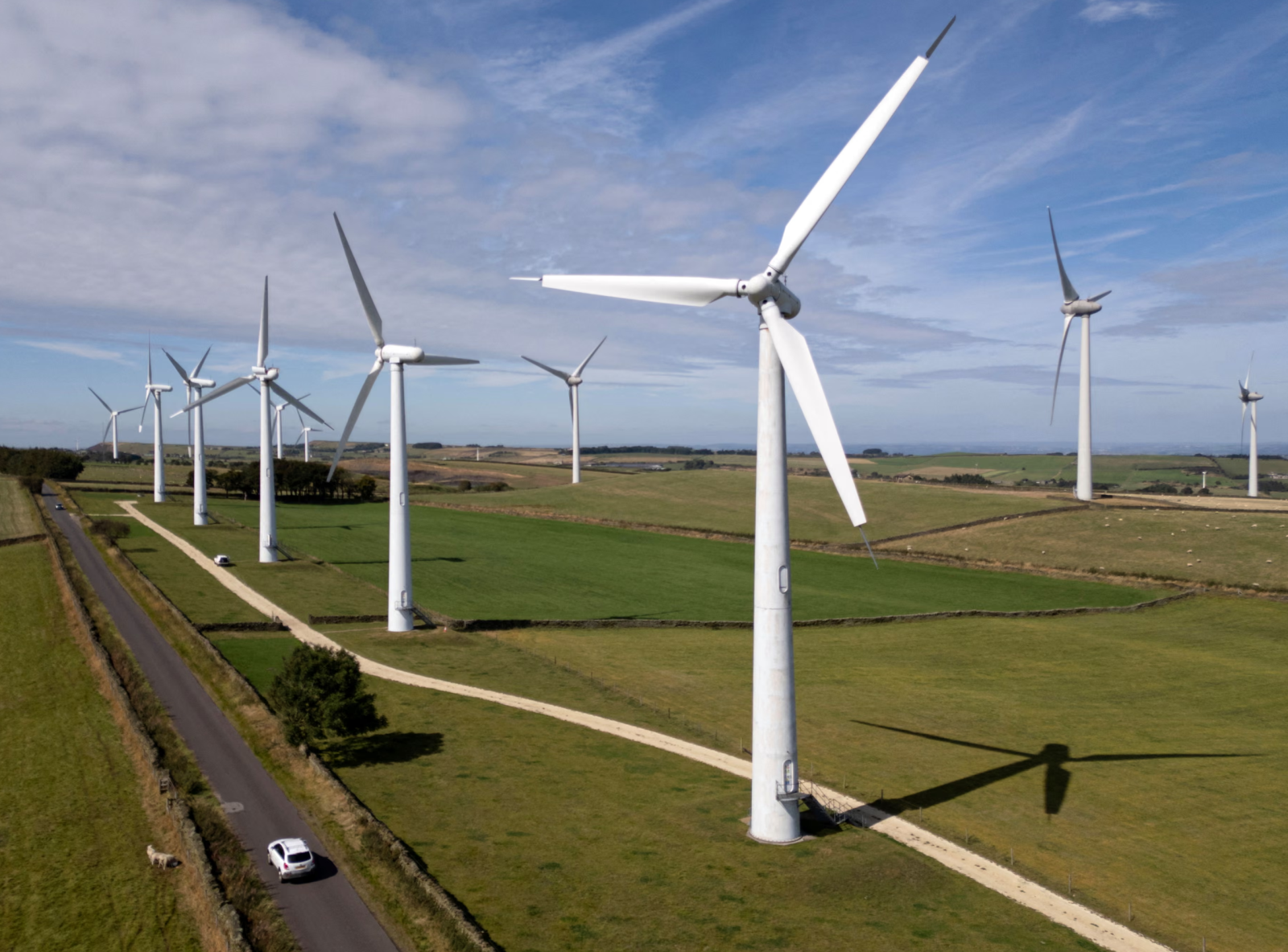
The report by the National Energy System Operator (Neso) — a publicly owned body — projects that by 2035, the UK will emit nearly a third more CO₂ than required to stay on track for net zero by 2050. Based on current policies and planned infrastructure, total emissions are expected to reach 274 million tonnes, compared to the 185–204 million tonne range in scenarios aligned with climate goals.
It marks the second major warning in just one month. In June, the Climate Change Committee found that 40% of the required emissions cuts for 2030 still lacked credible delivery plans or faced significant risks.
Neso's report outlines a stark gap between ambition and reality, highlighting the urgent need for faster deployment of clean technologies. "The progress we're making simply isn't enough," said Fintan Slye, Neso's chief executive. "We must move faster and further to secure a clean, affordable and resilient energy system."
According to the forecast, the UK is on course to build up 148GW of renewable electricity capacity by 2035. But hitting climate targets would require between 170GW and 190GW in that same timeframe. Without a significant ramp-up in energy efficiency, low-carbon transport, and decarbonised heating, emissions reductions will remain well off track.
Slye emphasised that the choices made today will define the success of each phase in the country's green transition. "From smart home upgrades and electric vehicles to reforming industrial energy use, the clock is ticking," he said.
The findings come amid heightened political tensions over climate policy. Energy Secretary Ed Miliband warned that abandoning the net zero pathway would amount to "a betrayal of future generations". His comments appear aimed at countering pledges by the Conservative Party and Reform UK to weaken or repeal net zero targets.
In response to the report, a government spokesperson maintained that the UK is "sprinting to clean power by 2030," citing over £40 billion in private investment attracted in the past year, and initiatives such as Great British Energy, the approval of renewable projects capable of powering 2 million homes, and ambitious nuclear expansion plans.
Still, Neso's data makes clear that unless the rollout of renewables and low-carbon technologies gains pace, Britain will miss its climate goals — with profound implications for both the environment and energy security.